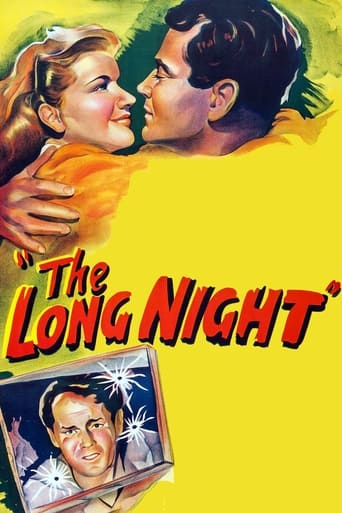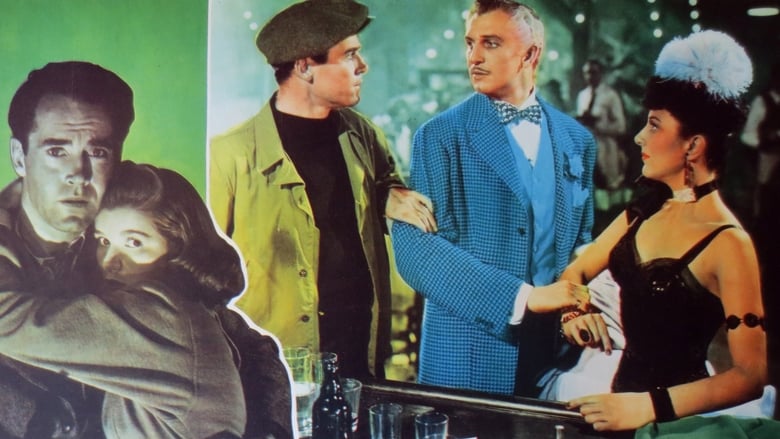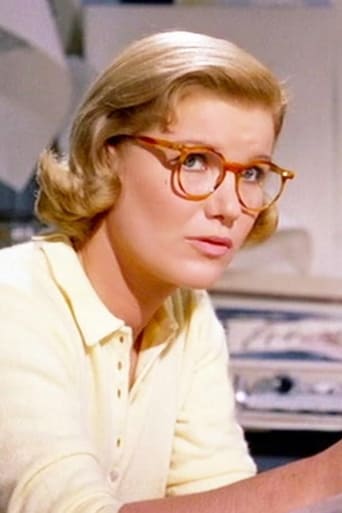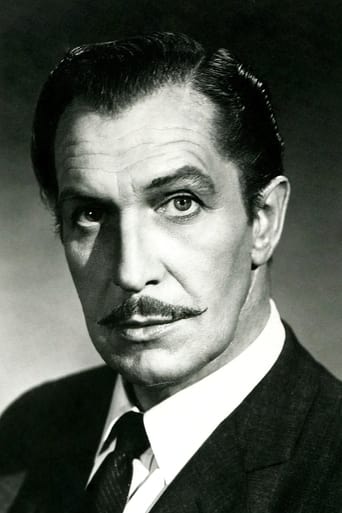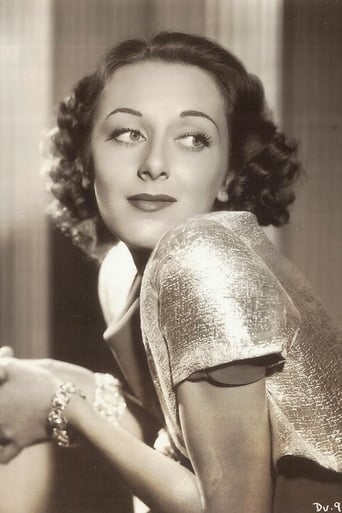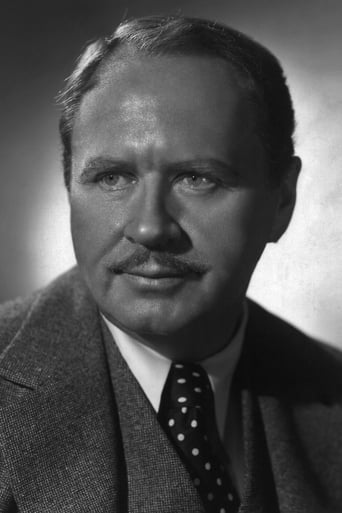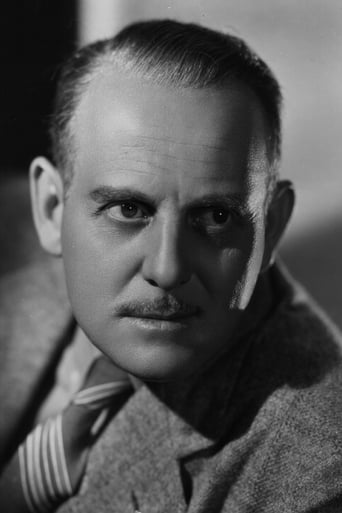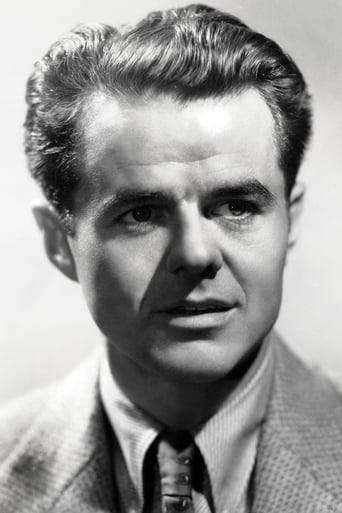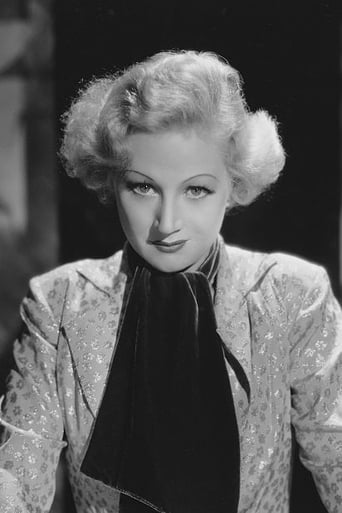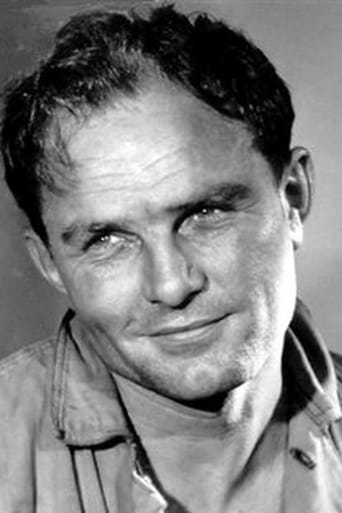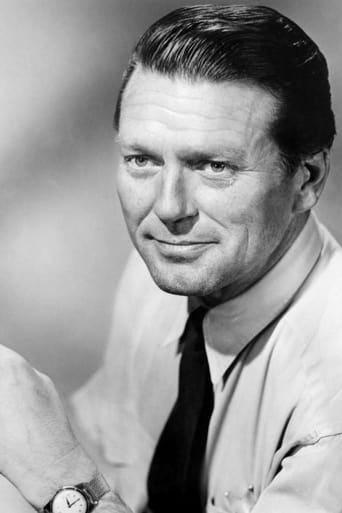City police surround a building, attempting to capture a suspected murderer. The suspect knows there is no escape but refuses to give in.


Similar titles
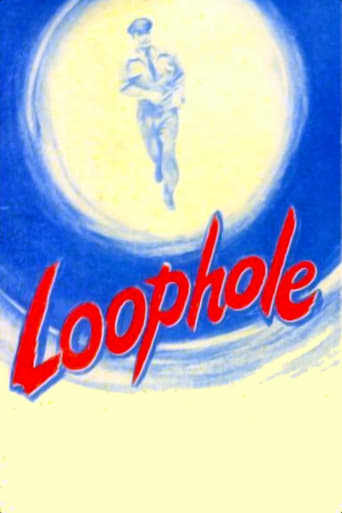
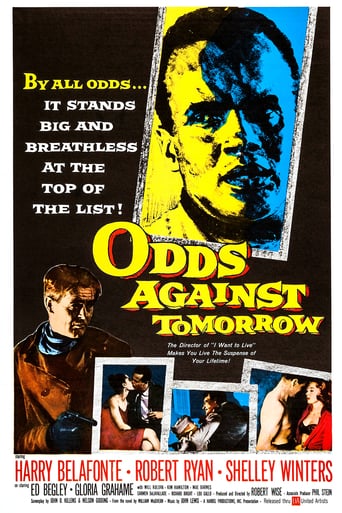
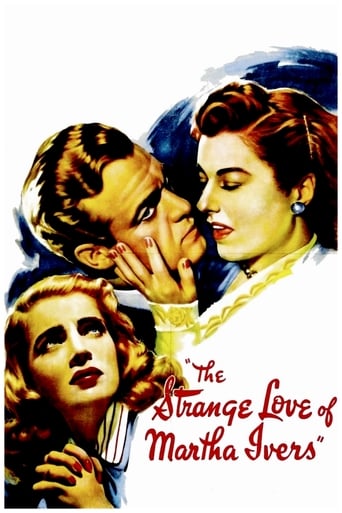
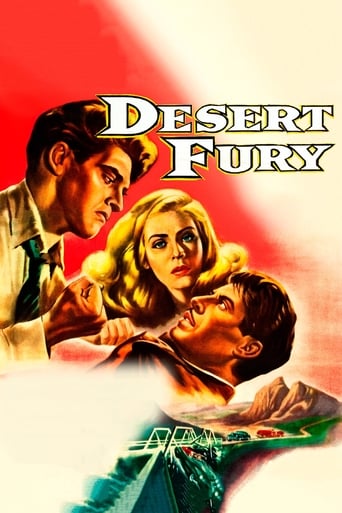
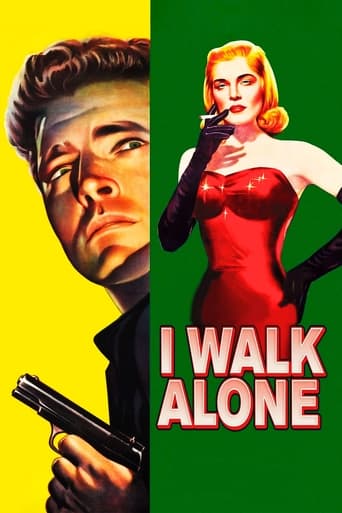
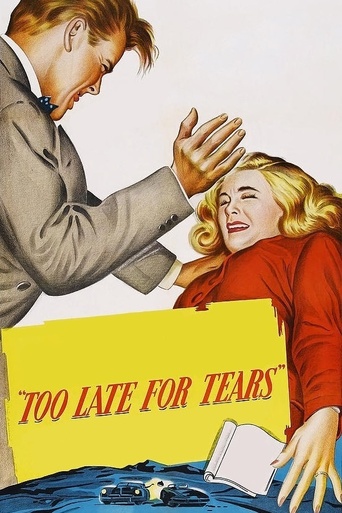
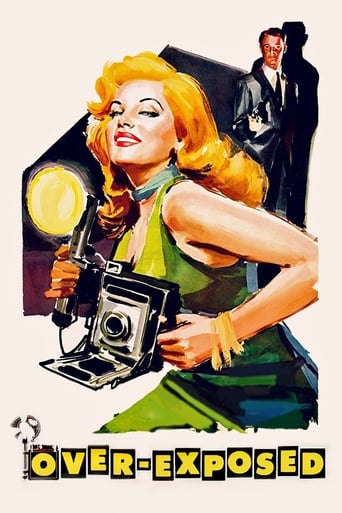
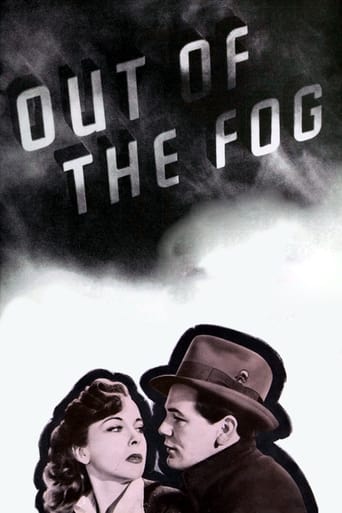
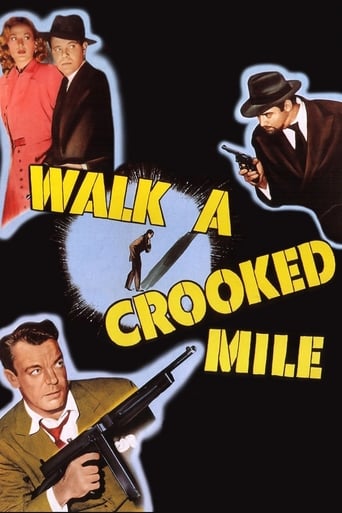
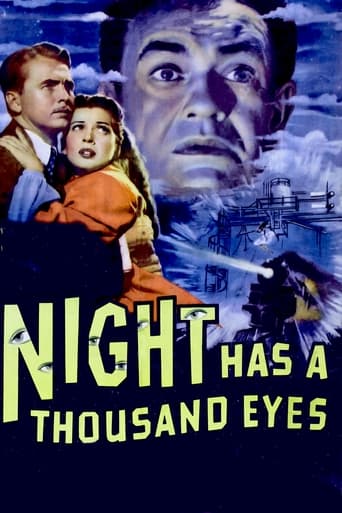
Reviews
Except for its ending, the story and plot elements are nearly identical to Le jour se lève (1939), which I didn't remember because I saw it in 2005. Fortunately I took good notes but, if the original was that forgettable, why remake it?A man exits a fourth floor apartment having been shot and tumbles down the stairs where he's discovered by a blind man (Elisha Cook Jr.) that's initially implicated in the murder. The police then discover that there's a man still in the apartment when he shoots through the door, warning them to stay back and leave him alone.We discover later that the man who was killed was a magician named Maximilian the Great, played by Vincent Price. Henry Fonda plays the man who did the shooting: Joe Adams, a former soldier that had settled down to working in a factory of a small industrial town near the border of Ohio and Pennsylvania.The rest of the story is told in retrospect through flashbacks while Joe is in a standoff with the police. Joe had met and fallen for Jo Ann (Barbara Bel Geddes in her film debut); they find that they were both from the Good Shepherd orphanage. His affections for her are quicker, and he wants to marry though - given their upbringing - both admit that they don't know much about love.But after being turned down for a date one night, Joe follows Jo to find that she's infatuated - and possibly involved - with Maximilian. Ann Dvorak plays Charlene, the magician's assistant who's finally had enough of her boss and his lying ways to quit. The two men have a brief confrontation over Charlene in the bar, then later end up having a real struggle over Jo with the magician even trying to pass himself off as Jo's absent father, now concerned about her relationship to Joe.The production code prevented producer-director Anatole Litvak (and writer John Wexley) from fleshing out that Joe ends up having a sexual relationship with Charlene, ostensibly because he has 'needs' and Jo is saving herself (for marriage?). It's when Joe finds out that Jo has been intimate with Maximilian that his fatalistic path begins, which leads to his being under siege by the police. The tacked on Hollywood ending just solidifies this one's insipidness.
Nerve Racking and Powerful Film-Noir can be Seen as a Seminal Work and a very Accurate Display of the Noir Tropes that Defined the Genre.The Film is Exquisitely Photographed using Forced Perspective and is Bathed in Shadows and a Working Class Environment. The Script is also Purely Working Class with its Small Town, Claustrophobic Template of Trains, Smoke Stacks, and Seedy Hotels.Henry Fonda and Barbara Bel Geddes are Orphans who find each other. Fonda's Joe has just returned to "Civilization" from the War and there is much Dialog about the Experience and Semi-Traumatic Residue on the Veteran. Vincent Price is a Fake Intellectual, Liar and Lech.Dimitri Tiomkin's Score comes close to Overwhelming some Scenes but is Effective most of the Time. The Supporting Cast of Ann Dvorak, Elisha Cook, Charles McGraw, and others all lend Superior Support. A Minor Nitpick may be the Accelerated Pace of some of the Dialog that at times is a bit Breathtaking.The Movie's Strong Suit is the sometimes Expressionistic Frame and the Good Acting and Melodramatic Story. It is an Off-Beat, Interesting, and Little Seen Film that is a Must-See for Fans of Film-Noir, Henry Fonda, and the Post-War Milieu.
Henry Fonda, Vincent Price and the film noir genre are reasons enough to see any film, and The Long Night did show a lot of promise. I didn't find that the The Long Night quite delivered enough, but it certainly has a lot of good things. It's very well made for starters, one of the most beautifully shot and visually atmospheric film noirs of the 1940s in my opinion. Dmitri Tiomkin's music is far from his best work with a lot of it sounding like re-arranged Beethoven(you decide whether you consider that a compliment, but it is very haunting and fits the film very well. But the high point of The Long Night was the acting. Henry Fonda gives an intelligently sensitive lead performance, and Barbara Bel Geddes- managing to look younger than she was- in her film debut is very touching as the love interest. Ann Dvorak is deliciously cynical, and Vincent Price is effortlessly ominous and smarmy as an utter sleaze-bag of a character(people will argue that he was at odds at the rest of the film but I rest the blame on the writing not Price). The Long Night does have faults though, the characters are not fleshed out enough to make me care for them(I would have cared more for Joe if the "when he's in jeopardy" scenario had been made less emotionally hollow and senseless), while the script is of rather rambling quality with Bel Geddes' final speech particularly contrived-sounding. The Long Night also lacks momentum pace-wise- well the final twenty minutes picks up a bit but comes too late- and the constant switching back from past to present and vice versa is enough to cause confusion. There are even some ideas like with Joe and Charlene's involvement with one another that are shoehorned in but not explained satisfactorily. So in conclusion, interesting for the cast and how it was made, but with stronger script and story execution it would've been less underwhelming than it turned out to be. 6/10 Bethany Cox
I've never seen the original French film upon which this film was based, but I can tell you I kept waiting for a plot line payoff that never came. It has everything going for it - solid cast giving good believable performances, good direction, even a good speech that Fonda's character delivers from this broken out window as he is under siege by the police that gives us some insight into what it's like for an average guy who has returned home from years of killing and seeing killing in the war expected to pick up where he left off. But ultimately, I never see anything that Fonda's character, factory laborer Joe Adams, has been put through as far as shock or emotional torment or even disillusionment that would justifiably cause him to kill a man. Is Vincent Price's character Maximillian eloquently taunting and creepy? Yes, and in a way that Price excelled at over the years starting in noirs and proceeding on into his horror films. However, at no time does he do anything that would drive anybody to do more than shoo him away or stuff earplugs in their ears or possibly call the ASPCA (You'll have to watch the film to understand this last remark). I'm giving this film a five just for the fact that I believe the production code is the reason any hard edges that seem to be just under the surface never appear. I'm almost positive the script would have gone further if the censors would have allowed it to be so.The real point of interest to me was the action of the police, who behave a lot like the fascists that Joe Adams spent years fighting in WWII. Sure they have a murderer holed up in his rented room, but he's holding no hostages, they've emptied the building, and still they spray him twice with automatic gunfire unannounced - once from the outside into his window, then from the stairwell into the door. When he pushes a sturdy dresser against the door and they realize they can't force their way in THEN they try talking to Joe, starting with the line "We're not fooling"?? No kidding! After Fonda's speech to the crowd, once the crowd starts voicing their support for Joe and promising financial help with a lawyer the police form a line and practically trample the crowd forcing them out of the street. I don't know if the heavy handedness of the police was something that Litvak wanted the audience to notice, but it was something I noticed.I'd recommend this one just for the good performances and atmosphere and some imagery you don't see that much in films immediately after WWII, but don't expect something shocking or even interesting to happen just because of all of the talent assembled here.
